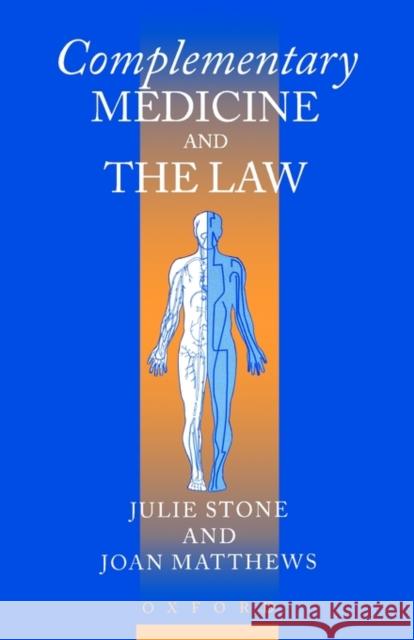Complementary Medicine and Law » książka
Complementary Medicine and Law
ISBN-13: 9780198259718 / Angielski / Miękka / 1996 / 328 str.
The book has two aims. First of all it examines in some detail the way in which the law presently affects the practice of complementary medi cine. The second aim is to examine all the arguments for and against g reater regulation of complementary medicine. In fulfilling the second aim it challenges the notion that the legal and regulatory mechanisms which govern orthodox medicine constitute an appropriate model for the regulation of most complementary therapies. The patient-centred, holi stic approach central to the theory and practice of many complementary therapies presents a unique problem for the law: the highly individua lized intuitive, whole person approach of complementary medicine is no t amenable to the quantification, measurability and certainty required by the law. The authors argue that only by implementing a more dynami c form of ethics-directed regulation can patients be protected and the unique contribution that complementary medicine has to make properly realized.











